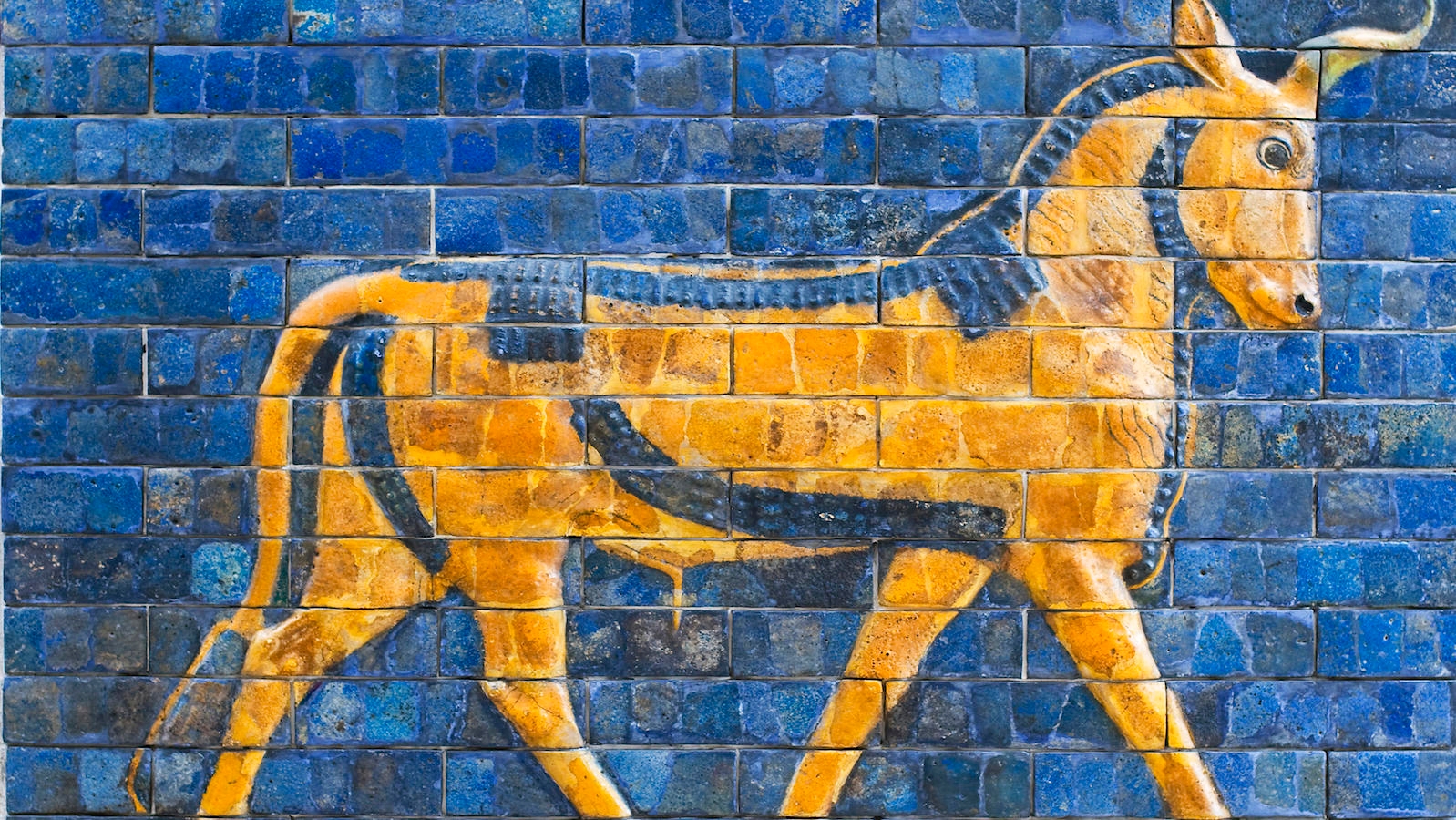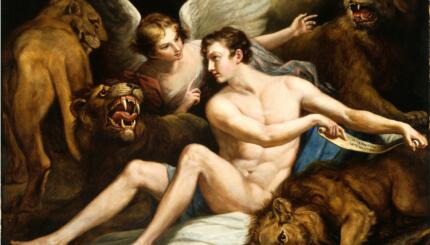Commentary on Parashat Ki Tisa, Exodus 30:11-34:35
The people saw that Moses was late in coming down from the mountain. They ganged up on Aaron and said: Get up! Make us a God that can go before us because Moses, the man, who took us up out of Egypt, we don’t know what happened to him. ….
And he took from their hand, fashioned it with a graving tool, and made it into a molten calf. Then they said: “This is your God, O Israel, who brought you up from the land of Egypt!” (Exodus 32:1,4)
The children of Israel had just witnessed God’s awesome power at Mount Sinai. And now they worship a Golden Calf.
How Could They?
How could a people liberated by a divine force so powerful to split a sea and drown their enemies worship a calf? Swept out of Egypt on the “wings of eagles,” they watched the sea split for them and drown their enemies. They sang a song of victory praising the powers of their savior. Sustained in the desert with water sweetened by God, they ate manna that rained down from the skies. And now they collect gold they had taken from their Egyptian neighbors, give it to Aaron to create a calf and say, “This is your God, O Israel, who brought you up from the land of Egypt.”
How could they indeed? What explains this seemingly senseless act of worshipping an inanimate calf? Was it a lack of faith in God or just sheer stupidity?

Help us keep Jewish knowledge accessible to millions of people around the world.
Your donation to My Jewish Learning fuels endless journeys of Jewish discovery. With your help, My Jewish Learning can continue to provide nonstop opportunities for learning, connection and growth.
Let us try and reconstruct the story from the point of view of the Israelites. We might find clues rendering this seemingly senseless act, sensible.
Remember the terror of the Israelites at hearing God’s voice at Sinai — “Talk with us,” they begged Moses. “And we will listen, and don’t let God speak with us, lest we die” (Exodus 20:16).
God responds in kind. Instead of speaking to the people directly, God instructs Moses to tell the people the following: “You yourselves have seen that it was from the heavens that I spoke with you. You are not to make beside me gods of silver, gods of gold you are not to make for yourselves!” (Exodus 20:19-20). You’ve seen the source of the divine in heaven. So don’t make earthly figurines of gold and silver to worship. The warning could not be more explicit. So how could they?
This is how they could. As they said, contact with God, to them, meant death. Consider the following scene:
Moses goes up the mountain for forty days. Before he goes he tells the elders of the people where he is going, but to his poor terrified masses he doesn’t mention a word. And then he simply disappears:
So Moses went up the Mountain and the cloud covered the mountain; The Glory of YHWH took up dwelling on Mount Sinai. The cloud covered it for six days, and he called to Moses on the seventh day from amidst the cloud. And the sight of the Glory of YHWH was like a consuming fire on top of the mountain in the eyes of the Children of Israel. Moses came into the midst of the cloud when he went up the mountain. And Moses was on the mountain for 40 days and 40 nights. (Exodus 24:15-18)
The Israelites watched Moses disappear. Their protector abandons them. They are now faced with God’s consuming fire, without any mediation whatsoever. There is nothing between them and the fearsome divine fire threatening to consume them–nothing between them and the awesome and destructive force of the divine.
Pointedly the text tells the reader that the divine fire was a consuming fire “in the eyes of the Children of Israel” — a literary invitation to contrast it with Moses at the burning bush. In the eyes of Moses the power of the divine was just the opposite. To Moses the divine fire was a fire that didn’t consume. Moses repeatedly survives close contact with God. The people cannot.
Terrified By Power
The Children of Israel are just-freed slaves; they are terrified of power and were nearly destroyed by it. Moses, on the other hand, grew up not as a slave, but in the palace of the Pharaoh, as the elite of Egypt. He had sufficient power to challenge power. For him power was not consuming, but life giving, liberating.
Faced with the divine fire the Israelites suffer not from a lack of faith in God, but from too much God! Contact would eat them alive.
But why do the people turn to a Golden Calf of all things, for protection, for mediation with God? According to the JPS Commentary:
Throughout the Near East the bull was a symbol of lordship, leadership, strength, vital energy, and fertility. As such, it was either deified and worshiped or employed in representation of divinity.
Thus the attempt to use a calf for achieving power and protection makes complete sense. But why gold?
Gold is fire frozen. Fire is hot, destructive, complete motion and gold is cold to the touch and motionless. It’s much safer to worship an inert God then a dynamic one. In the absence of Moses they needed to tame the power of God. Through the worship of gold they regained a sense of security. It must have made them feel a bit less abandoned and exposed.
The Children of Israel try to tame the wild power of God with a golden calf. They don’t believe they can survive exposure to God. Moses would have been a better leader had he in some way prepared them for his leaving.
God understands this need for protection and mediation. The construction of the sanctuary eventually allows the divine presence to travel amidst the Israelites in a more limited way, without swallowing them up.
It’s a lesson in intimacy. We can’t all, like Moses, survive the fire directly. A measure of security, of mediation, is necessary as we attempt to negotiate the wild fires of contact when faced with another.
Provided by the Bronfman Youth Fellowships in Israel, a summer seminar in Israel that aims to create a multi-denominational cadre of young Jewish leaders.



